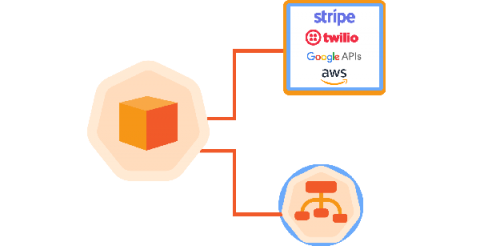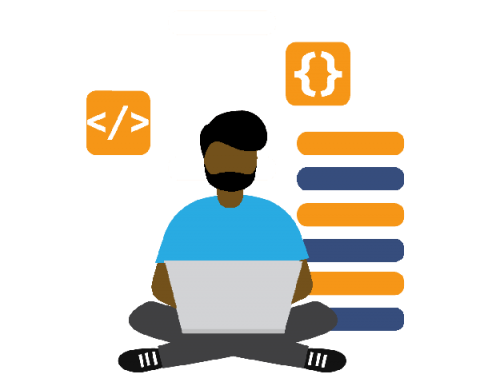Finalist for the Atlanta Fire Award!
Speedscale is one of the finalists of the 2021 Atlanta Business Chronicle’s Fire Award! This award is Atlanta Inno’s premier recognition program, honoring the companies and organizations setting the local Atlanta innovation economy ablaze. Fire Awards, presented by Atlanta Inno in partnership with the Atlanta Business Chronicle, is a celebration of the early-stage businesses, enterprises and innovators who are doing special work to set Atlanta ablaze.










